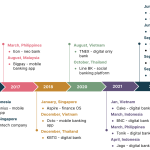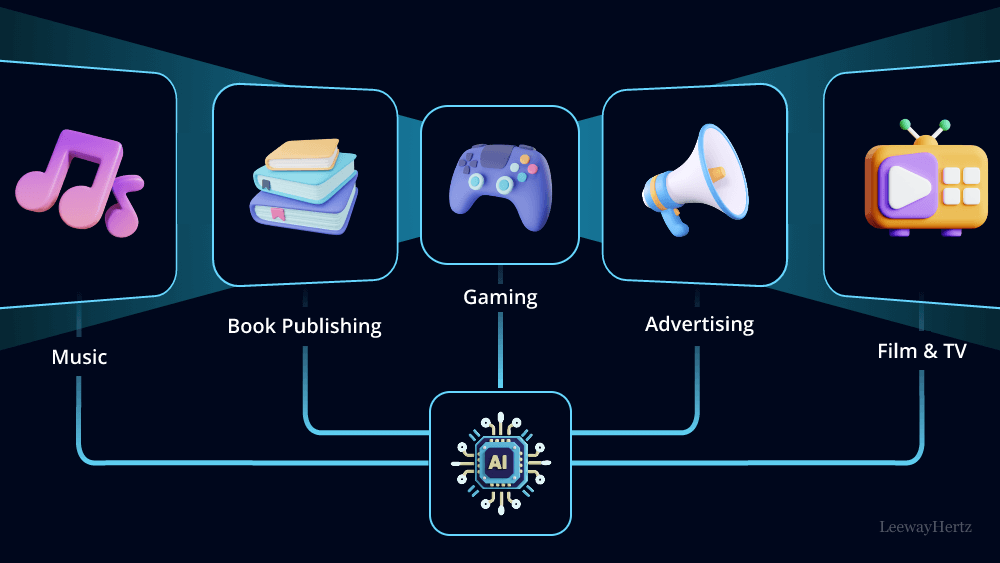Artificial intelligence (AI) is reshaping how journalism operates in the digital age. From data-driven reporting to automated story generation, AI is redefining what it means to create and consume news. The transformation is not only changing newsroom operations but also challenging journalists to adapt to new technological realities.
In 2025, AI is no longer an experiment—it’s an integral part of modern media production. Major outlets around the world are using it to analyze data, write basic news reports, and personalize content for readers. This evolution is helping journalists work faster and smarter while raising critical ethical and creative questions about the future of journalism itself.
AI-powered newsroom tools can now perform tasks that once took hours in just minutes. Automated transcription, real-time translation, and predictive analytics are giving journalists powerful ways to process information and understand audience interests. These systems do not replace human insight, but they enhance accuracy, efficiency, and responsiveness in ways that were once unimaginable.
The Rise of Automated News Creation
Many news organizations are now relying on AI to write short, factual stories such as sports updates, financial reports, and election results. For example, algorithms can process raw data, detect patterns, and produce coherent articles almost instantly. This technology frees human reporters to focus on complex, investigative, and narrative-driven journalism.
Newsrooms that use AI-based systems like Reuters’ Lynx Insight or The Washington Post’s Heliograf have seen remarkable gains in speed and accuracy. These platforms help reporters quickly identify newsworthy trends hidden within vast datasets, allowing them to deliver real-time updates with confidence and precision.
AI and the Battle Against Misinformation
In an era dominated by fake news and disinformation campaigns, AI has become one of journalism’s most critical allies. Machine learning models can now detect inconsistencies in data, verify sources, and even identify deepfake videos or manipulated photos before they spread. This makes AI an essential tool for maintaining credibility and public trust.
Fact-checking organizations and major tech companies are adopting AI to flag suspicious content across platforms. These systems can scan thousands of articles and social media posts in seconds, cross-referencing information to ensure accuracy. As misinformation becomes more sophisticated, the ability to use AI for verification will define the integrity of modern journalism.
Personalized News Experiences
AI is also revolutionizing how audiences consume news. By analyzing user behavior, preferences, and reading patterns, algorithms can deliver personalized news feeds tailored to individual interests. This level of customization keeps readers engaged while helping media outlets retain loyal audiences in an era of information overload.
Personalization does more than recommend headlines—it shapes the way people interact with stories. For example, AI can suggest related articles, highlight multimedia content, and adapt tone or structure for different reader segments. This data-driven approach enhances the user experience and encourages longer engagement times across digital platforms.
Ethical and Creative Challenges
Despite its advantages, the rise of AI in journalism has created new ethical dilemmas. Critics warn that automated content generation may lack the nuance, empathy, and contextual understanding that define quality journalism. Machines can report facts, but they struggle to interpret human emotion, political sensitivity, or cultural complexity.
Bias in AI algorithms is another growing concern. Because AI learns from historical data, it can unintentionally replicate the same prejudices found in human decision-making. Without transparency in how these systems operate, there’s a risk that automated journalism could reinforce misinformation or marginalize certain voices.
The Changing Role of Journalists
AI is not replacing journalists—it’s reshaping their roles. Reporters are evolving from pure writers to data analysts, content strategists, and technology collaborators. While machines handle repetitive tasks like summarization and tagging, journalists focus on storytelling, investigation, and interpretation.
This human-AI collaboration allows for deeper and more meaningful reporting. Journalists can use AI to sift through massive datasets, uncover hidden connections, and present stories supported by strong empirical evidence. The result is a new hybrid model of journalism where creativity meets computational intelligence.
AI in Multimedia Storytelling
AI’s influence extends far beyond text-based reporting. In visual and audio journalism, AI can edit videos, generate graphics, and produce voiceovers using natural language synthesis. This helps reduce production time and allows smaller newsrooms to create high-quality multimedia content without extensive resources.
Interactive storytelling powered by AI is also becoming more popular. Algorithms can visualize complex information—such as election results or climate change statistics—through dynamic charts and animations that respond to user interaction. These innovations are making journalism more accessible and engaging to global audiences.
Securing Credibility with AI
Cybersecurity and authenticity are increasingly important in digital media. AI is helping news organizations secure their content by identifying fake sources, tracking digital footprints, and detecting cyberattacks. Blockchain integration combined with AI verification systems allows media outlets to prove the origin and integrity of published content.
This technology-driven transparency builds trust between newsrooms and readers. As audiences become more aware of manipulated media, the ability to guarantee authenticity will become a key differentiator for credible journalism in the future.
Preparing the Next Generation of Journalists
The future of journalism depends on education and adaptation. Universities and media schools are introducing AI and data analytics into their journalism programs, ensuring that new journalists can work alongside intelligent technologies effectively.
Industry leaders emphasize that future journalists must not only write stories but also understand algorithms, ethics, and data science. This interdisciplinary skill set will define success in the next generation of digital journalism, where human creativity meets artificial intelligence.
FAQs
How is AI used in journalism?
AI helps automate tasks such as writing short reports, analyzing data, transcribing interviews, and personalizing content for readers. It improves efficiency while allowing journalists to focus on creativity and investigation.
Does AI threaten journalism jobs?
No, AI complements journalists by automating repetitive tasks. Human expertise remains essential for context, emotion, and ethical judgment.
Can AI detect fake news?
Yes, AI can analyze information patterns, verify sources, and detect manipulated media like deepfakes to help combat misinformation.
What ethical challenges does AI create in journalism?
Bias in algorithms, lack of transparency, and potential over-reliance on automation are major concerns that require human oversight.
Will AI change how people consume news?
Absolutely. AI tailors news feeds to individual preferences, offering more relevant and engaging reading experiences.
Conclusion
Artificial intelligence is transforming journalism from every angle—production, personalization, and security. It enables newsrooms to deliver faster, more accurate, and data-informed reporting while helping readers access stories that matter to them most.
Yet, AI is only as powerful as the humans guiding it. True journalism still relies on curiosity, integrity, and empathy—qualities no algorithm can replicate. By embracing technology without losing humanity, the media industry can create a future where AI strengthens, rather than replaces, the heart of storytelling.











